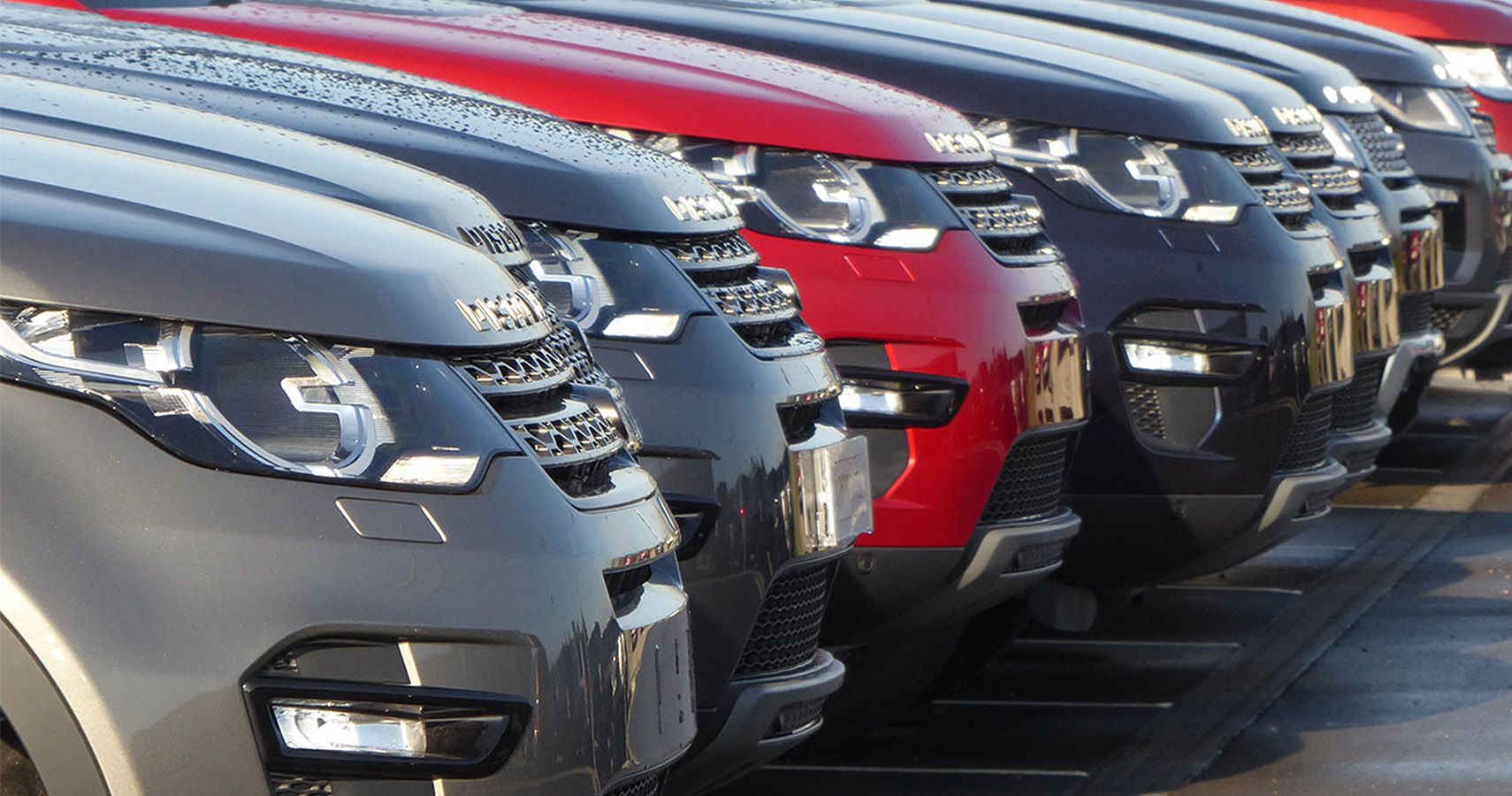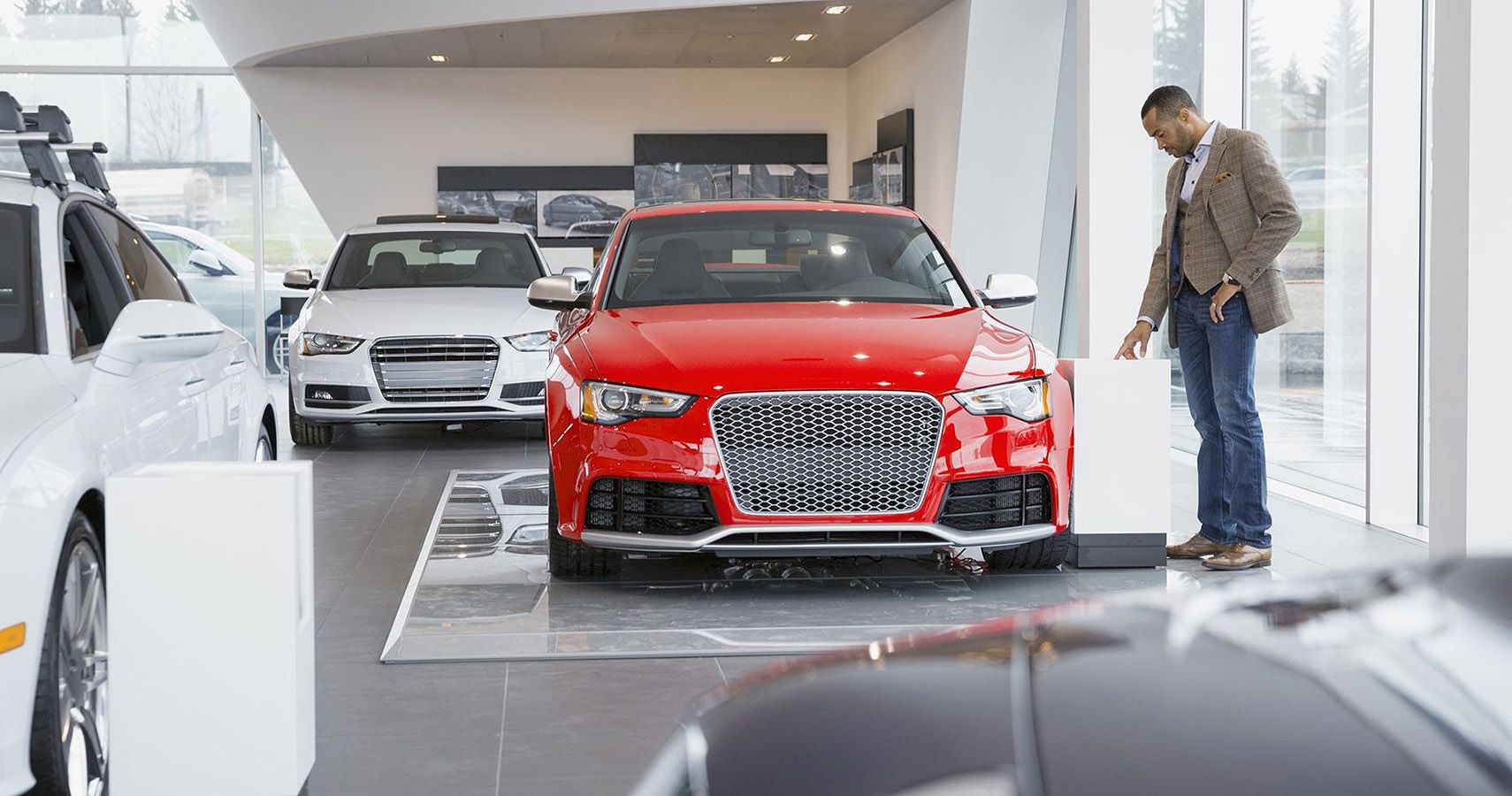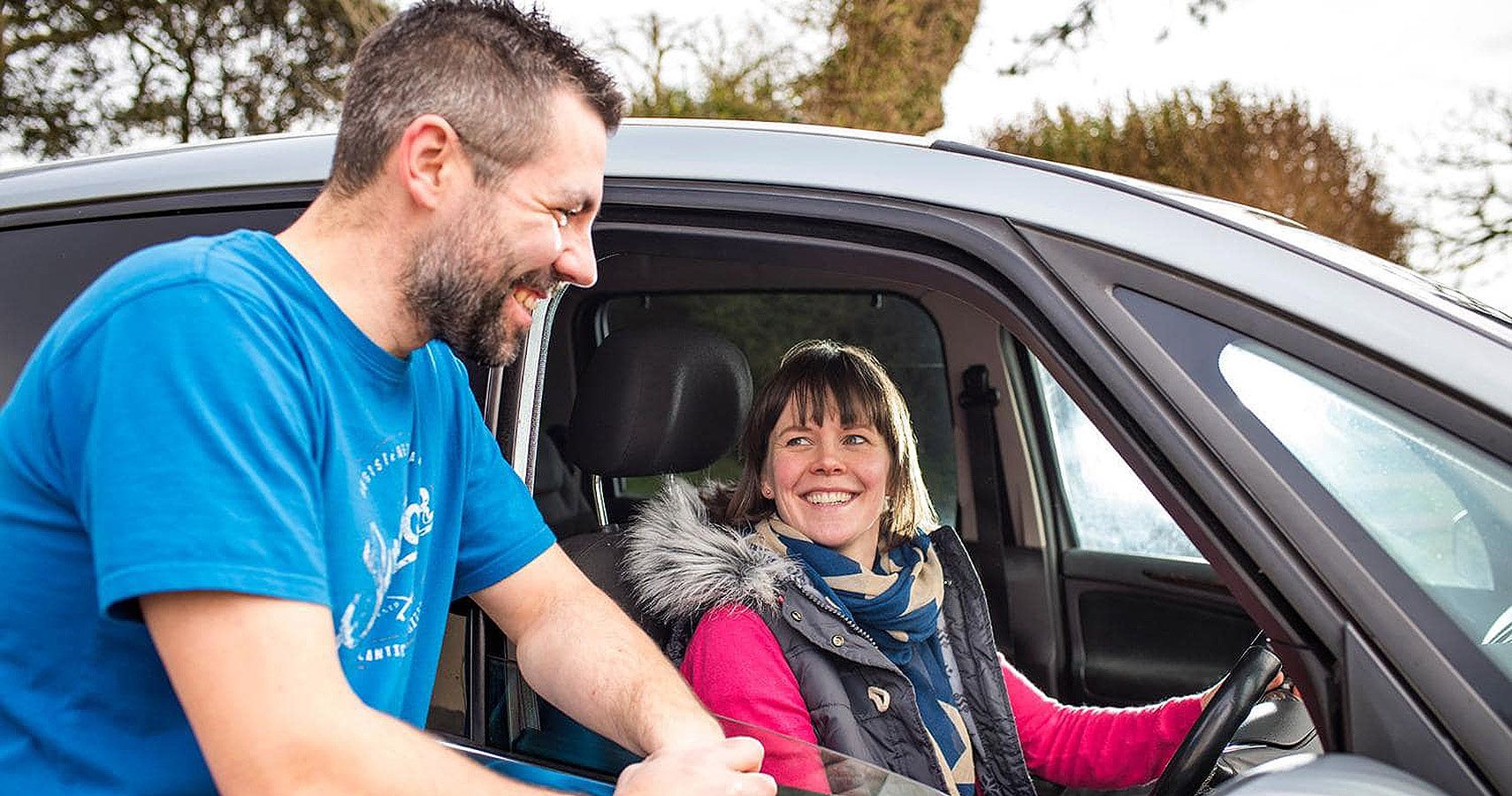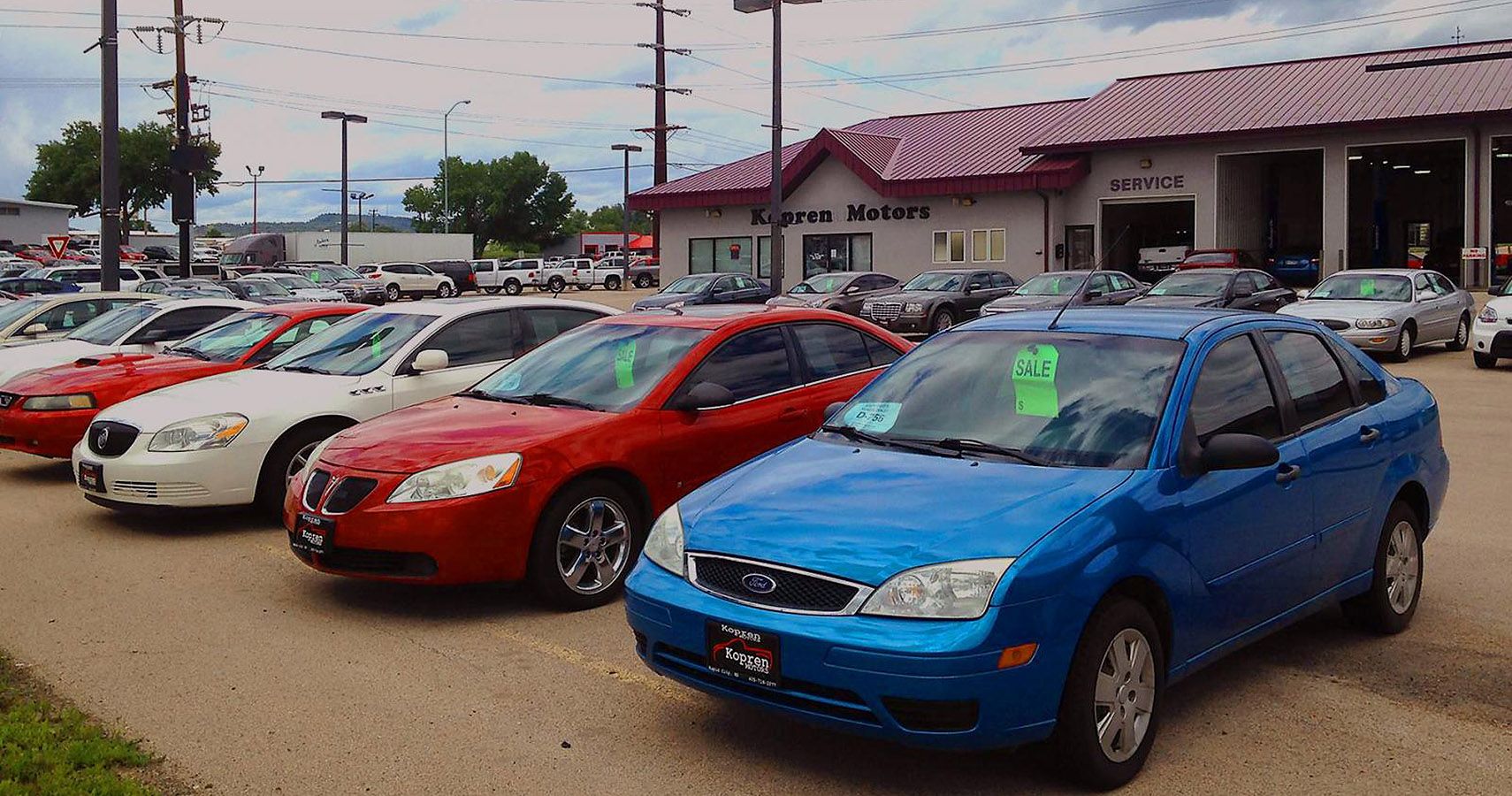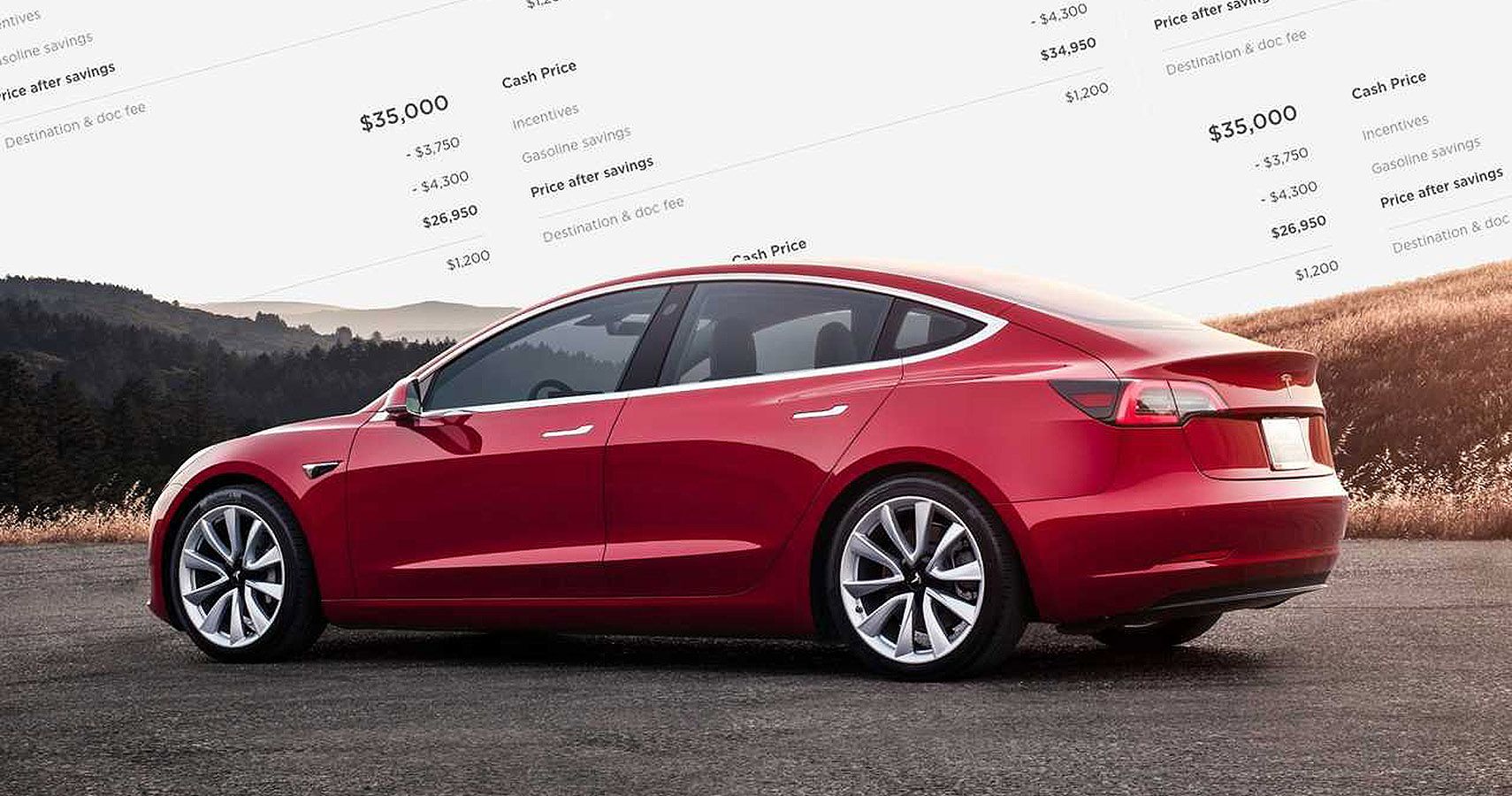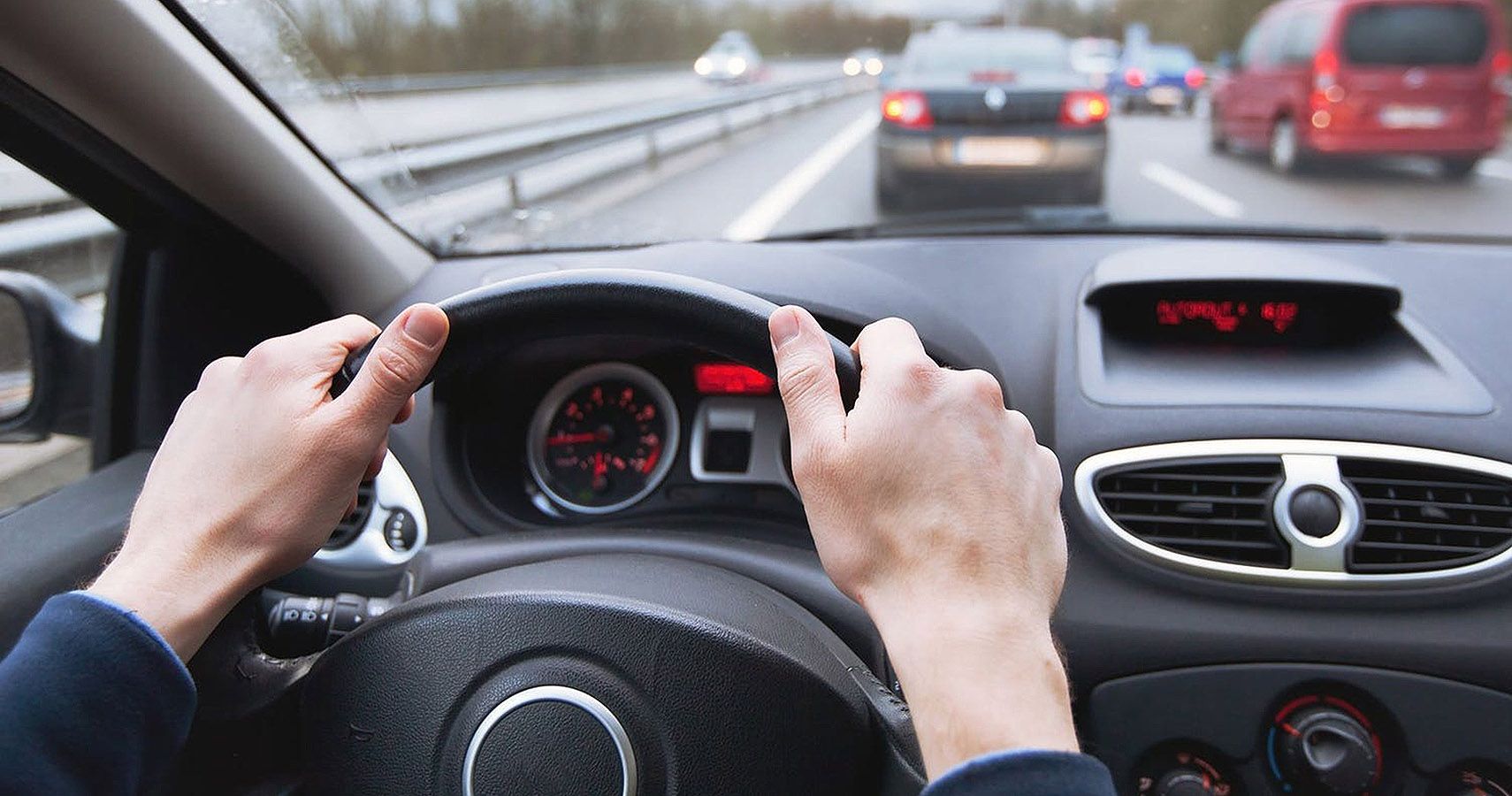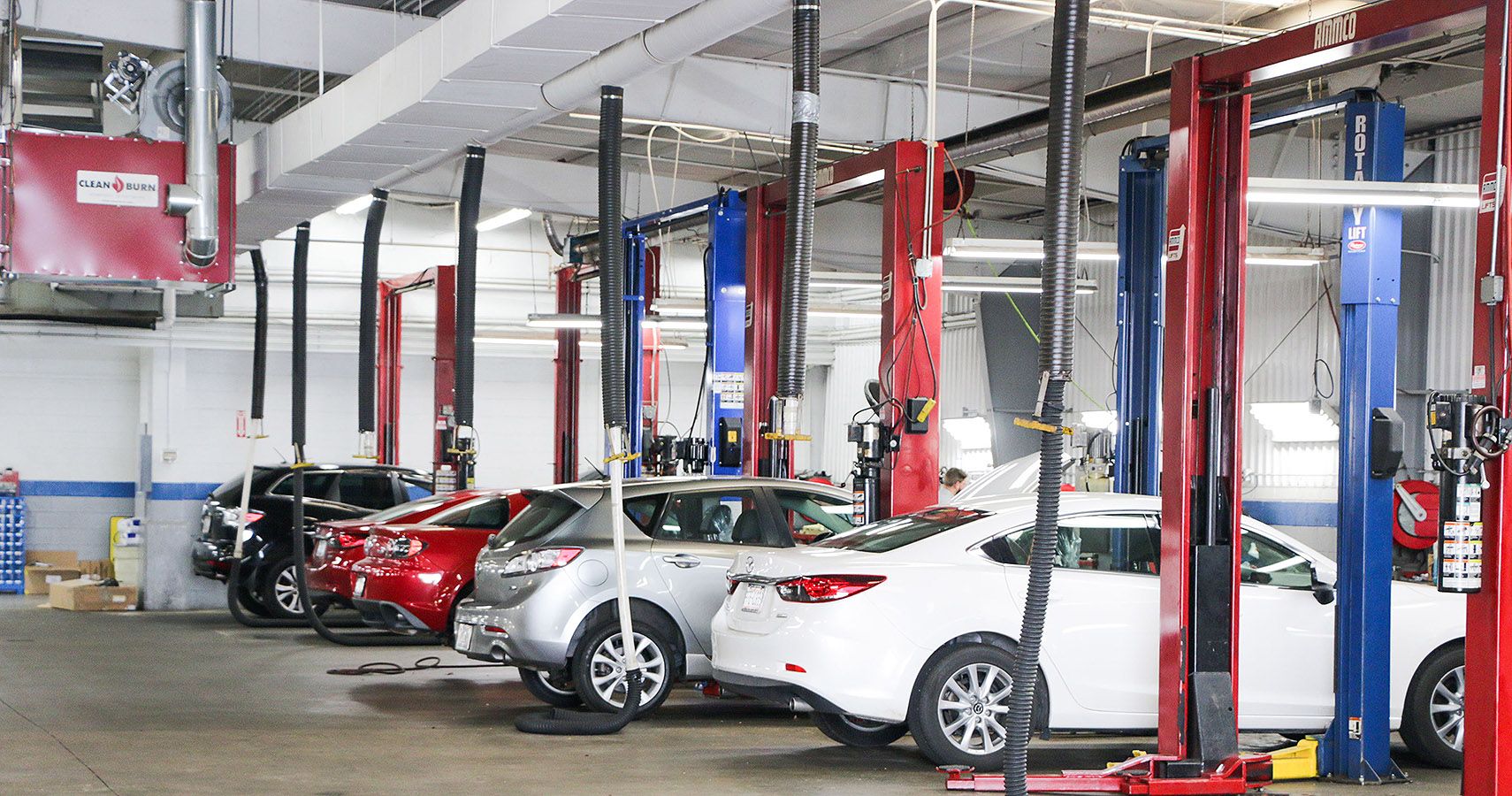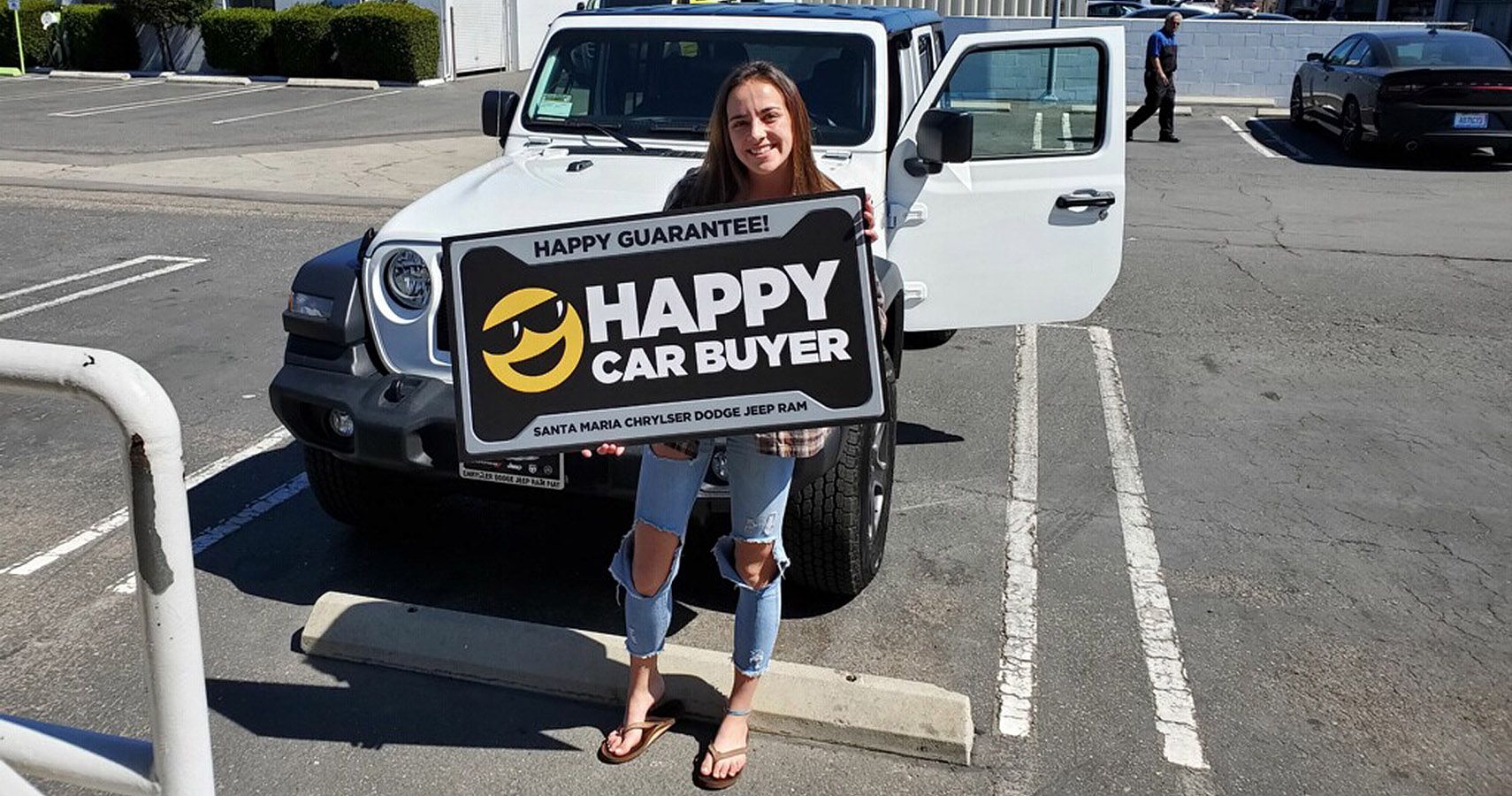What kind of car should I get? Buying a car isn’t like buying a dress, or getting a set of dishes. It's an expensive and long-term investment, mostly fuelled by need, and an auto loan to juice it. You cannot get a car, decide it doesn’t suit you, and go exchange it for another one at the customer service desk.
Or rather, you could do that but this will come with depreciation, loan transfer, and so much paperwork that it would turn into a big headache. So fair enough, you need to buy a car. But before you do put down for those set of wheels, here are 10 questions that simply need to be asked.
10 Do I Need A Car? Why?
Before you ask yourself about the kind of car you need, ask yourself if you truly need it. Face it, we live in a competitive world where it’s all about one-upmanship over the other. It's not just kids that feel peer-pressure or go through bullying in school. We go through a politer yet a more vicious form of it on an everyday basis, trying to measure ourselves against each other, mostly through the lifestyle meter. Getting a fancy car with a big loan just to show off your riches may work in reverse for you as pressures and bills increase. So make sure you do need that set of wheels before you go for it – write down the reasons to make it crystal clear for yourself.
9 What Kind Of Car Should I Get?
This is a question that will be answered based on your needs. If needing one for city commutes, you may want to go smaller and the electric vehicle way. If its weekend-long drives, a four-wheel drive is your best bet. If it’s a family car – maybe you could look for a van or an SUV that is rated the highest in safety and fuel economy.
Ultimately, the kind of car you should get has to balance your needs and your budget, walking the fine line in between. The key here is to be a little open-minded and not be brand or type loyal. Just a need and budget checklist would do it for you.
8 What’s The Main Purpose Of My Car?
You may have multiple needs or answers to the above question. Help yourself fine-tune it, even more by figuring the one main purpose you need the car for. Is it for kids and family? Is it work? Is it more for running errands? Is it simply a joyride for the weekend? That one main purpose will give you your answer – and it's not as if you cannot drive a family-wagon to work. Or ferry the kids in a small EV. Or even go on a picnic in the pickup. Just buy the car based on your main purpose, and you can always use it for other things as well – as long as you choose the best option you can.
7 Can I Afford The Car I Want?
Say you decided on 3-4 models that you like, and they fit all your needs to a tee. The big question that will help you whittle down the options is affordability. If you have deep pockets, then this question is moot.
But if your budget runs tight, and you may have a family on the way that will add to monthly bills soon, you may simply want to go for the cheapest option here. Sometimes the car you liked the least may be the one offering great prices and deals. If it fits your needs without adding hugely to monthly expenses, it may be the right choice for you.
6 Should I Go New, Or Pre-Owned?
In developed countries, the pre-owned car market isn’t as diverse and colorful as it is in developing countries. If you are cash-strapped but need a set of wheels, you may choose to go the pre-owned way. Many second-hand car dealers offer great deals on warranties and loans to get certain sleeper models off their property. Of course, remember to go to a trusted dealer, preferably one you have heard good things about lest you end up with a cheat who hands you a well-polished beater. Check for the car’s history. If you’ve already had a bad experience with a pre-owned car, then maybe its the time you head to the new car lot.
5 What Is My Loan Term And Interest Rate?
This is another dealmaker, or sometimes sadly, a deal-breaker. Ask your dealer, or multiple dealers in case you are looking at multiple brands, to break it all down for you. How much do you have to pay upfront, which auto loan carrier do they have a tie-up with, and what kind of tenure and rates are on the table?
Sometimes a car may seem cheap on paper but may come with higher interest on the loan. And it could be vice versa as well – a dealer may offer a car with a slightly higher upfront payment, but the rate of interest could be scraping the bottom. Ask them to work out calculations on paper before you sign on the dotted line.
4 How Much Will It All Cost Me?
Another biggie here. Some finely tuned and high-performance cars have sky-high insurance rates. So even if you manage to scrimp enough to pay for the car, the insurance may turn out to be another money drain. Again, ask the dealer to break it all down for you. What are the hidden costs over and above the price of the car, and the loan interest and tenure? There is insurance to consider, then there may be license fees et al. Sometimes dealers are underhanded enough to add accessories to the car and pile them on in the final bill. Make sure you pay for only what you wanted to pay for, and not a buck more.
3 How Good A Driver Are You?
In the driving world, what are you? A noob or a pro? A driver with shaky hands or a super confident one that could breeze through even the worst of traffic? You need to figure out the kind of car you should buy, based on how well you drive as well. If you are new at driving, and not very confident about your driving skills – a small and less powerful car should be your choice.
Leave the highly tuned variants for the experts. If bad terrains give you the heebie-jeebies, then a 4WD should put you at ease. And if you are generally nervous about traffic, go for a car with the highest crash-test ratings, replete with third-party insurance.
2 How Close Is The Service Center?
Buying a car means regular trips to the service center, as written in the car manual. For some cars, regular service may mean every six months or 6000 miles, and for some, it may be as far apart as a service every 12 months, or 12,000 miles; whichever comes first. So make sure that you don’t have to drive yourself halfway across the world and back to get your car serviced. Sometimes a dealer may be close to you, but the service center may be in another town. A closer service center is the best way to go, especially if you plan to go for a pre-owned car.
1 Does It Make Me Happy?
So okay, your car may not want you to go singing in the rain with joy – but it should not feel like a liability in your driveway either. Don’t buy a car just because it was the only one you could afford if it makes you unhappy. Wait a while, you may just stumble across a great deal – keep your eyes, and mind open. You should feel happy about your car, and it doesn’t matter if you got it new or pre-owned. As long as it meets your needs, makes you smile and doesn’t put too much pressure on you financially, it is good to go. Even if it is a notorious one, like the Suzuki Samurai. If you are happy and it fits the bill, it is the car for you.

